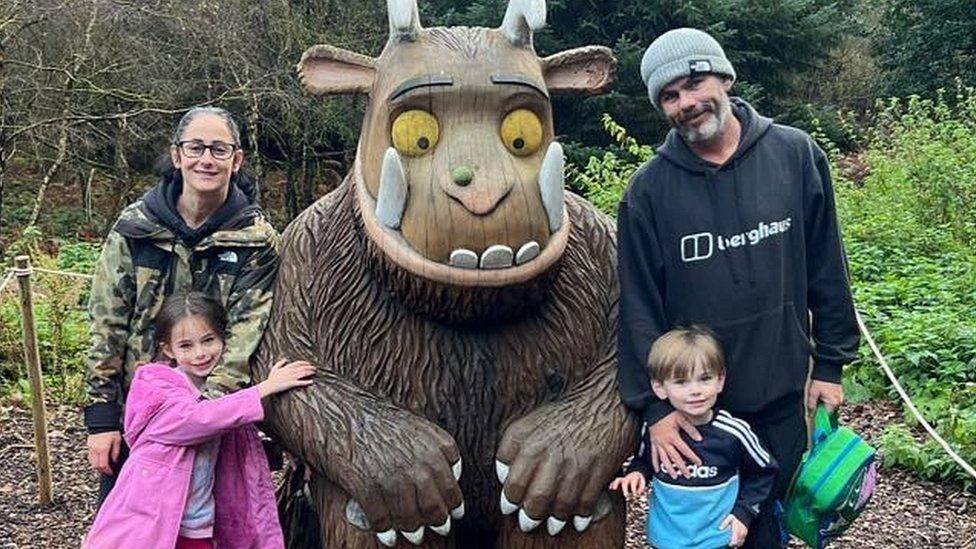Pair urge first aid awareness after choking incident
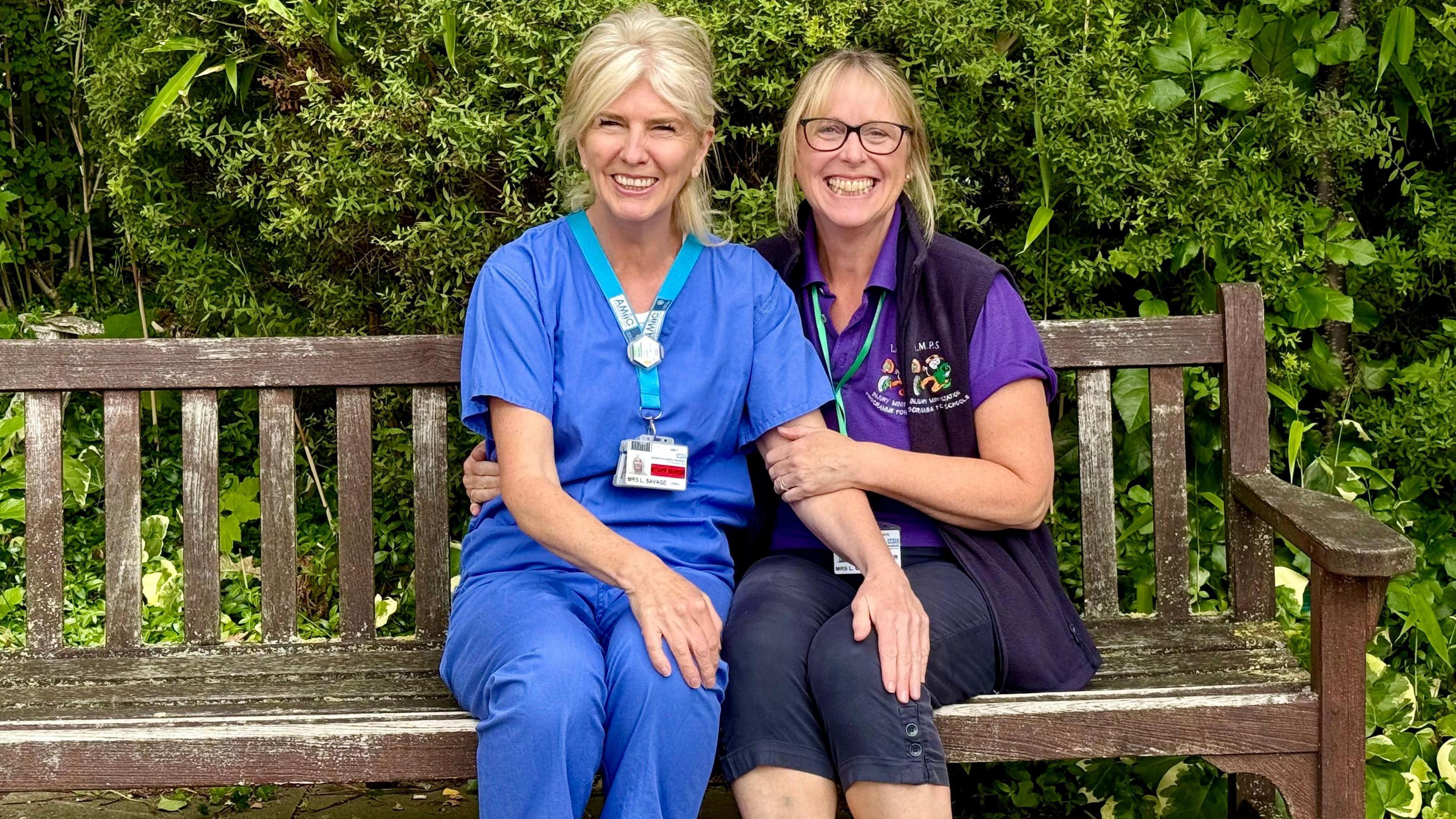
Lesley Savage (left) and Lynnie Cribben want more people to feel confident using life-saving skills
- Published
A school first aid trainer is encouraging more people to develop life-saving skills after her own experience of helping a choking hospital worker.
Lynnie Cribben spotted Oxford University Hospital employee Lesley Savage suddenly gasping for breath as she ate her lunch outside John Radcliffe Hospital earlier in the summer.
Ms Cribben credited her work as an Injury Minimization Programme for Schools (IMPS) trainer for being able to help quickly and confidently by delivering four hard blows to her back.
Both women told the BBC the incident had made them reflect on the importance of possessing basic first aid knowledge.
Ms Savage said she was "forever grateful" to Ms Cribben "for her intervention and lack of fear to get involved".
"I cannot stress how important it is for everyone to be aware of lifesaving skills – don't shy away from helping others, never be afraid to intervene whether it's due to fear of hurting someone, or not knowing what to do," she said.
"Follow your instincts, every little helps, even getting attention of others for help is important as time is of the essence."
Ms Cribben added: "Timely intervention could be the difference between life and death. If you are not sure what to do, calling for help is also useful."
Lynn Pilgrim, project manager for the IMPS programme Ms Cribben works for, said she was "extremely proud" of her quick life-saving actions.
IMPS aims to reduce death and disability as a result of accidents by teaching children between 10 and 11 to cope in emergency situations.
Follow BBC South on Facebook, external, X, external, or Instagram, external. Send your story ideas to south.newsonline@bbc.co.uk
Related topics
- Published10 August 2024
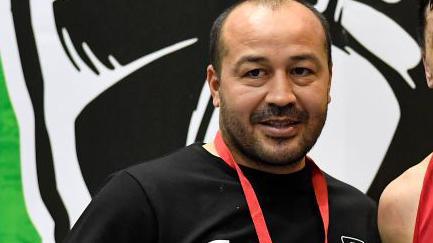
- Published26 June 2024
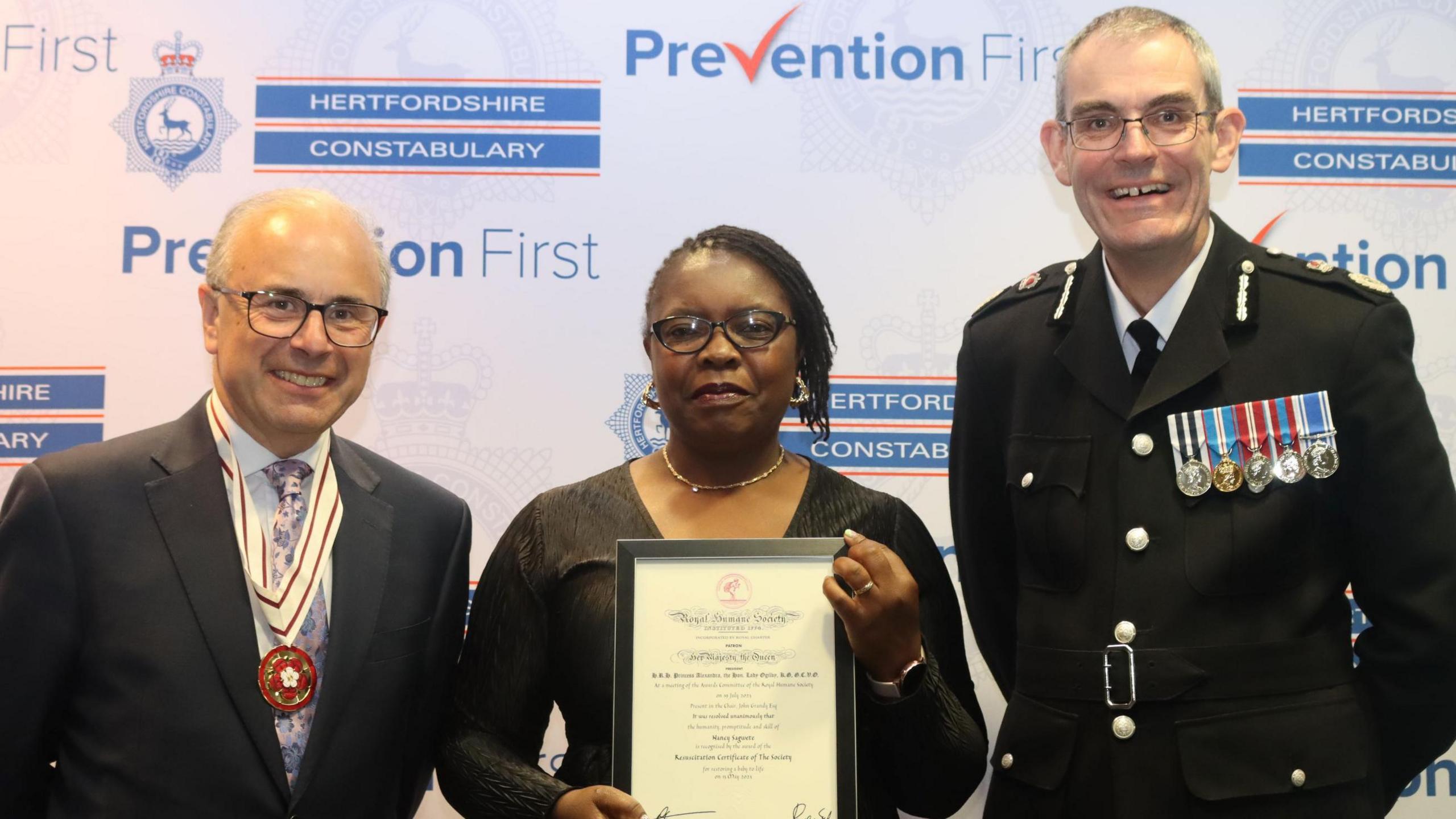
- Published14 June 2024
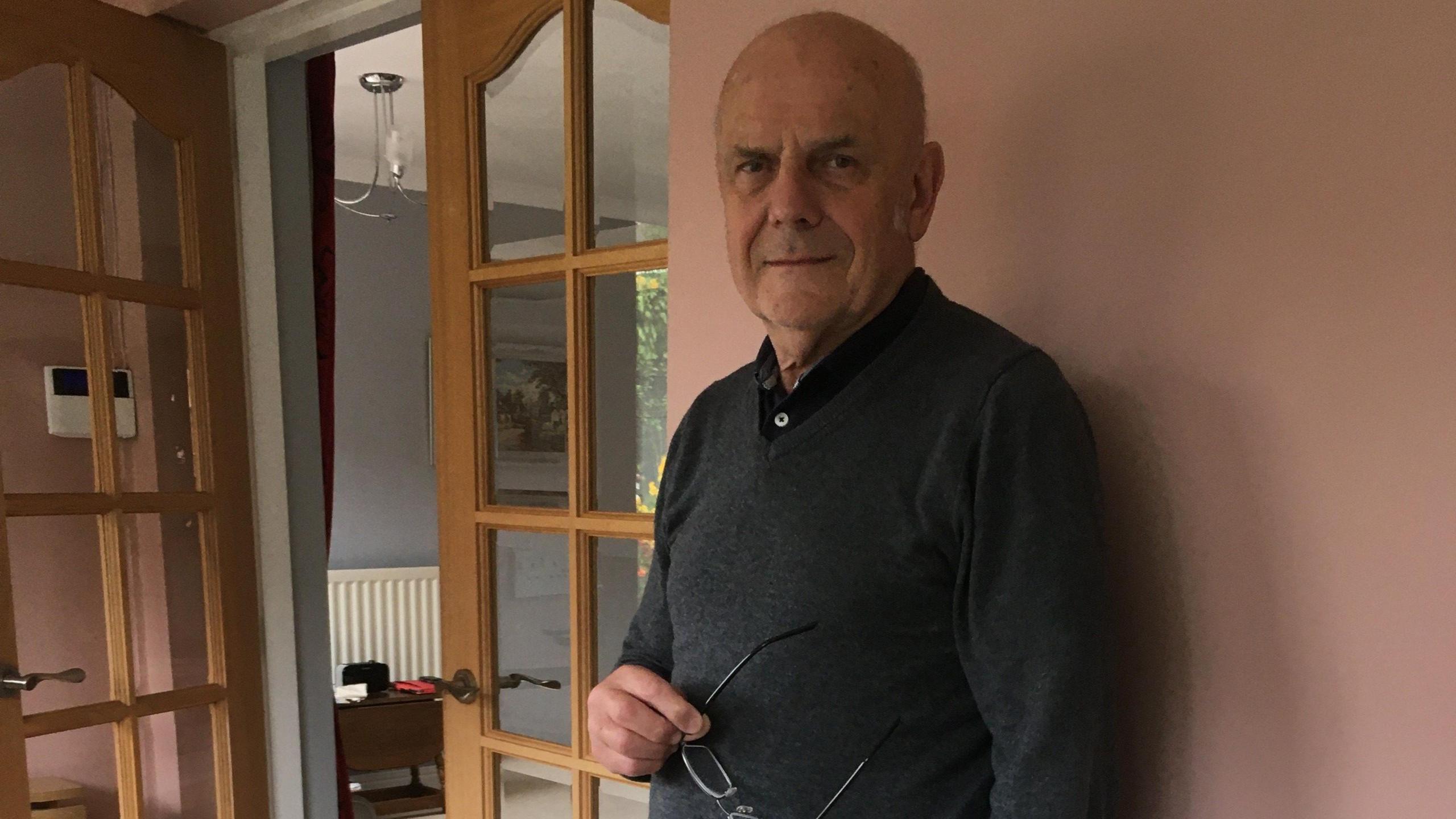
- Published7 June 2024
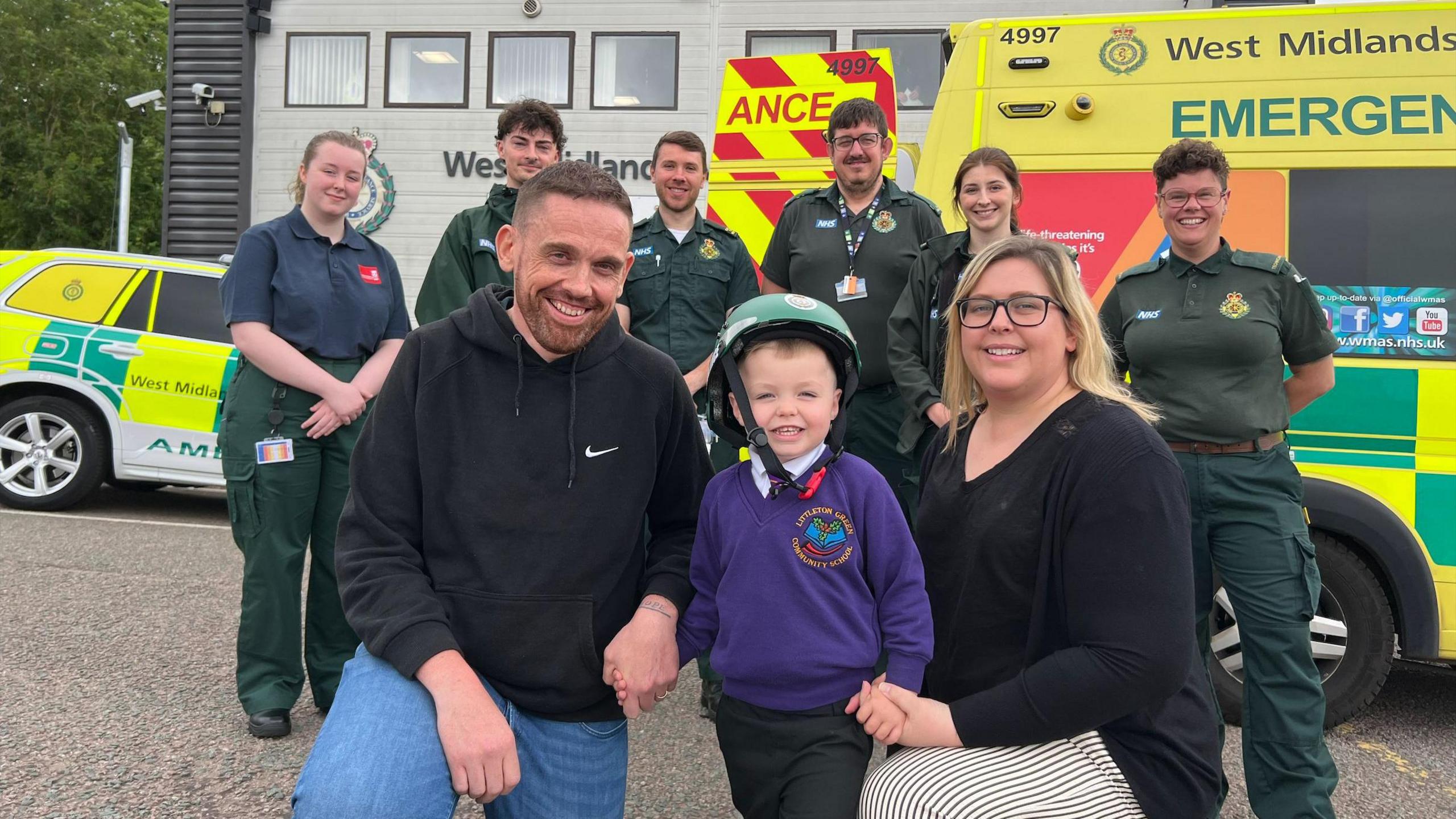
- Published23 December 2023
